Director-General of Sida, Ms. Carin Jämtin visited Bosnia and Herzegovina yesterday. During her visit, she met with representatives of the Sarajevo Economic Region Development Agency (SERDA), the Mozaik Foundation, the Greens Society and the Institute for Youth Development KULT. This meeting was also attended by Lisa Fredriksson – Director of Sida’s Department for Europe and Latin America, Johanna Strömquist – Ambassador of Sweden to BiH, and Eva Smedberg – Head of Development Cooperation at the Embassy of Sweden in BiH.
The meeting focused on what Bosnia and Herzegovina needs today to build a prosperous and healthy future, ways Sweden can help the BiH society strengthen values promoted by Sweden and the EU, and the efforts made by NGOs to make BiH a better place to live.
Representatives of organizations and programs who attended the meeting are part of a growing ecosystem working for a better BiH. Beneficiaries of Swedish support in Bosnia and Herzegovina talked about their own experience, the organizational, professional and personal change they experience thanks to Sweden and the impact of this support on them as individuals and the entire BiH society. They particularly emphasized Swedish cooperation with local governments and individuals, which has proven to be transformational.

Hana Džananović, participant of the Learn, Think, and Act! training shared her personal experience with the training course and talked about the importance and impact of these kinds of opportunities on young people’s lives. Ermin Beganović, a representative of the City of Cazin, talked about the importance of projects such as the YouthBank for community and youth growth, while Amir Hasanović, director of the NARKO-NE association, spoke about how support is allowing our country to work on improving mechanisms for implementing more effective policies. Asim Ćosić, a young and promising BiH entrepreneur, emphasized the importance of co-financing provided by Sweden in support of sustainable economic development of BiH.

“Without the work of civil society organizations, many human rights issues and issues related to building a robust support system that allows individuals and organizations to contribute to change, would not be on the political agenda in BiH. We need this support to continue. The biggest challenge that BiH is currently facing is the emigration of young people who have no intention of ever returning to BiH. Although the process of strengthening NGOs is riddled with obstacles, a substantial amount of legislation intended to support social and economic development started off as NGO initiatives, and decision makers are more open to cooperating with non-governmental organizations on developing and adopting legislation. Young people are ready to be leaders in their communities, initiate social and political processes or start their own business with support from the state and civil society organizations. In addition to funding, NGO programs provide youth with mentoring, which is crucial for sustainability. Mozaik, SERDA and the Institute for Youth Development KULT also offer such programs,” said Mr. Jasmin Bešić, CEO of the Institute for Youth Development KULT.
Addressing the representatives of organizations and the beneficiaries of their programs, Ms. Carin Jämtin, Director-General of Sida, said that Sweden’s support to Bosnia and Herzegovina is extremely important, especially in light of the current challenges facing Europe, and will not stop. Ms Jämtin said that Sweden will continue to be a partner to Bosnia and Herzegovina, and especially to its civil society, and the examples and ideas she heard at the meeting reinforce her sincere belief that Bosnia and Herzegovina is a country with enormous potential and should continue to develop and progress towards full EU membership.
Zoran Puljić, Director of the Mozaik Foundation, said that Sweden, like other countries, should provide multidimensional support through a programmatic approach that will benefit not only individuals and organizations but will boost the development of BiH, which will ultimately mean a better EU and Sweden.
The Institute for Youth Development KULT is grateful for the opportunity to be part of this meeting and contribute to the conversation about the current situation in Bosnia and Herzegovina, young people’s achievements and types of support that would benefit Bosnia and Herzegovina the most.



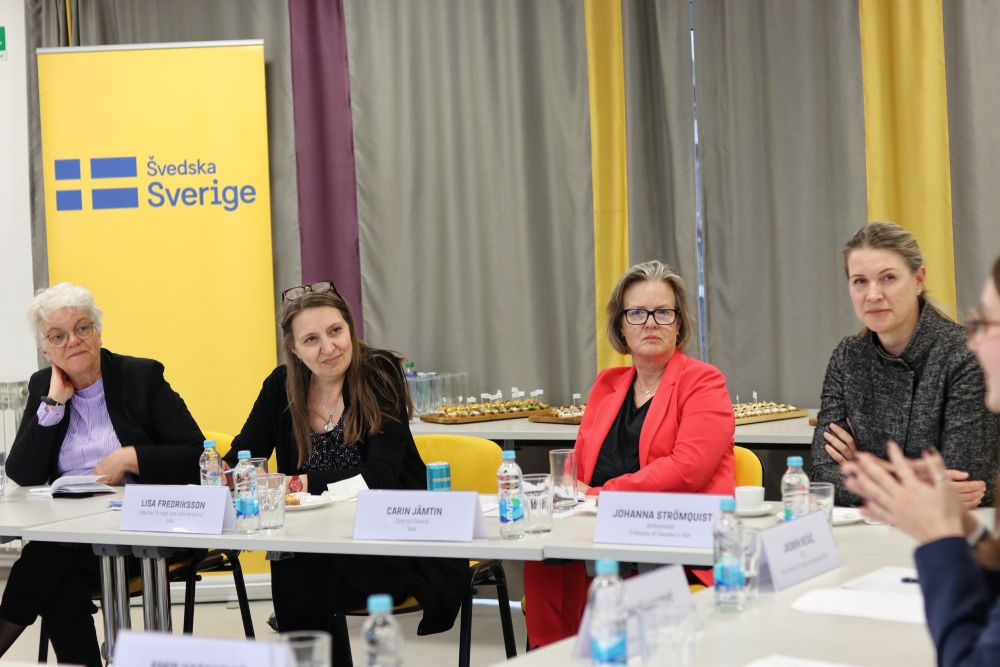
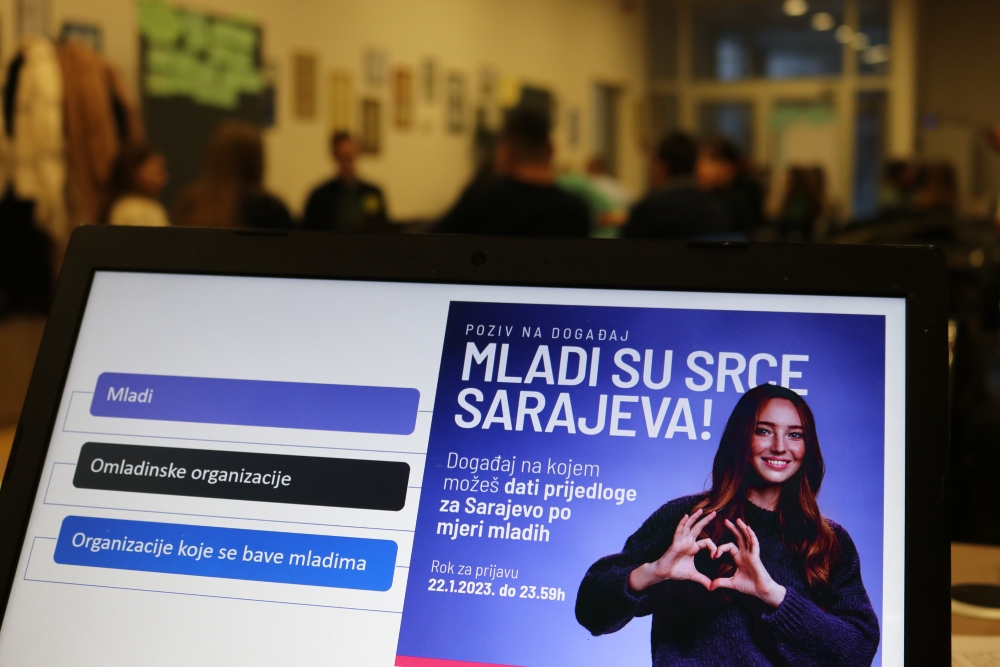
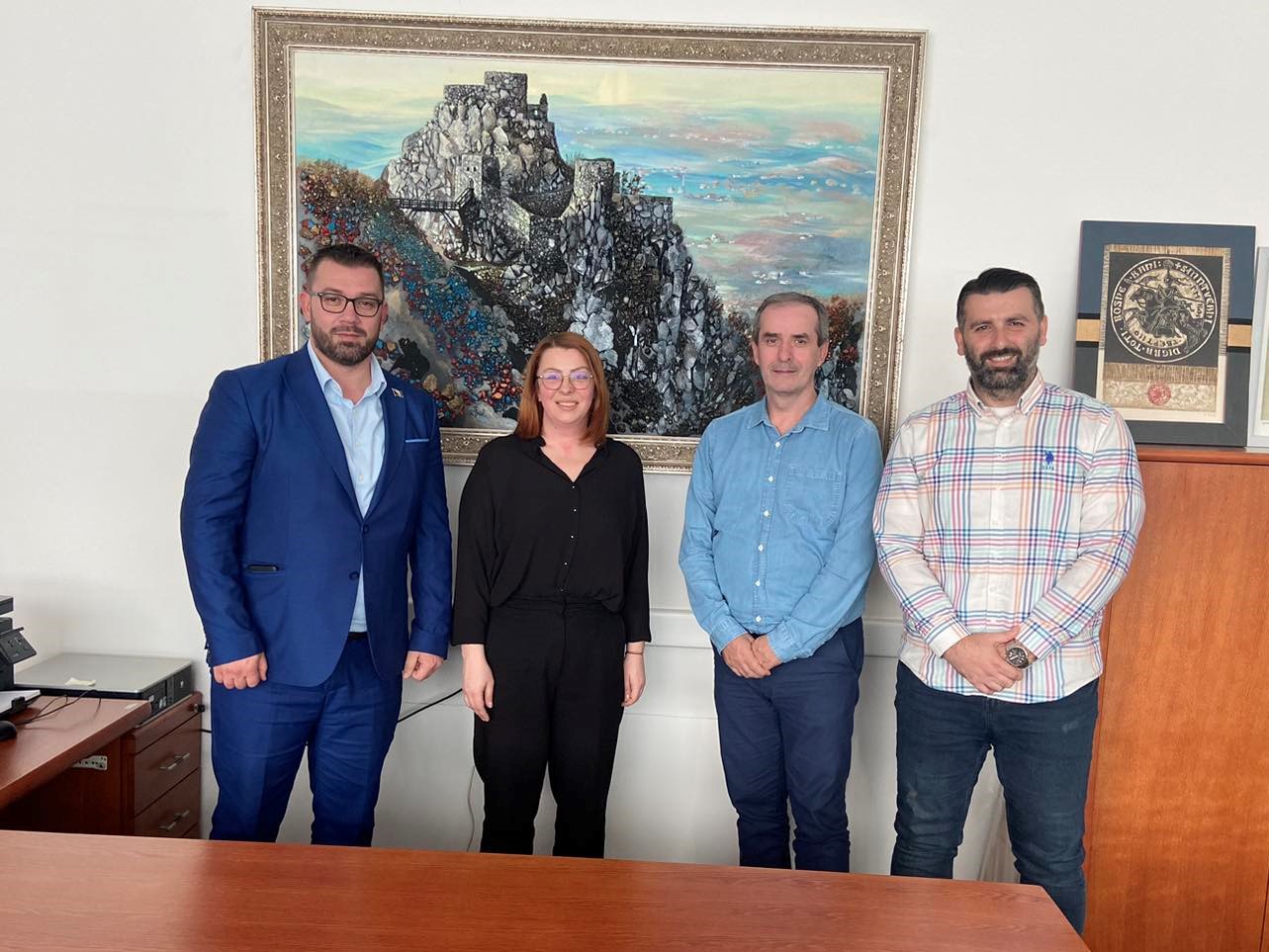






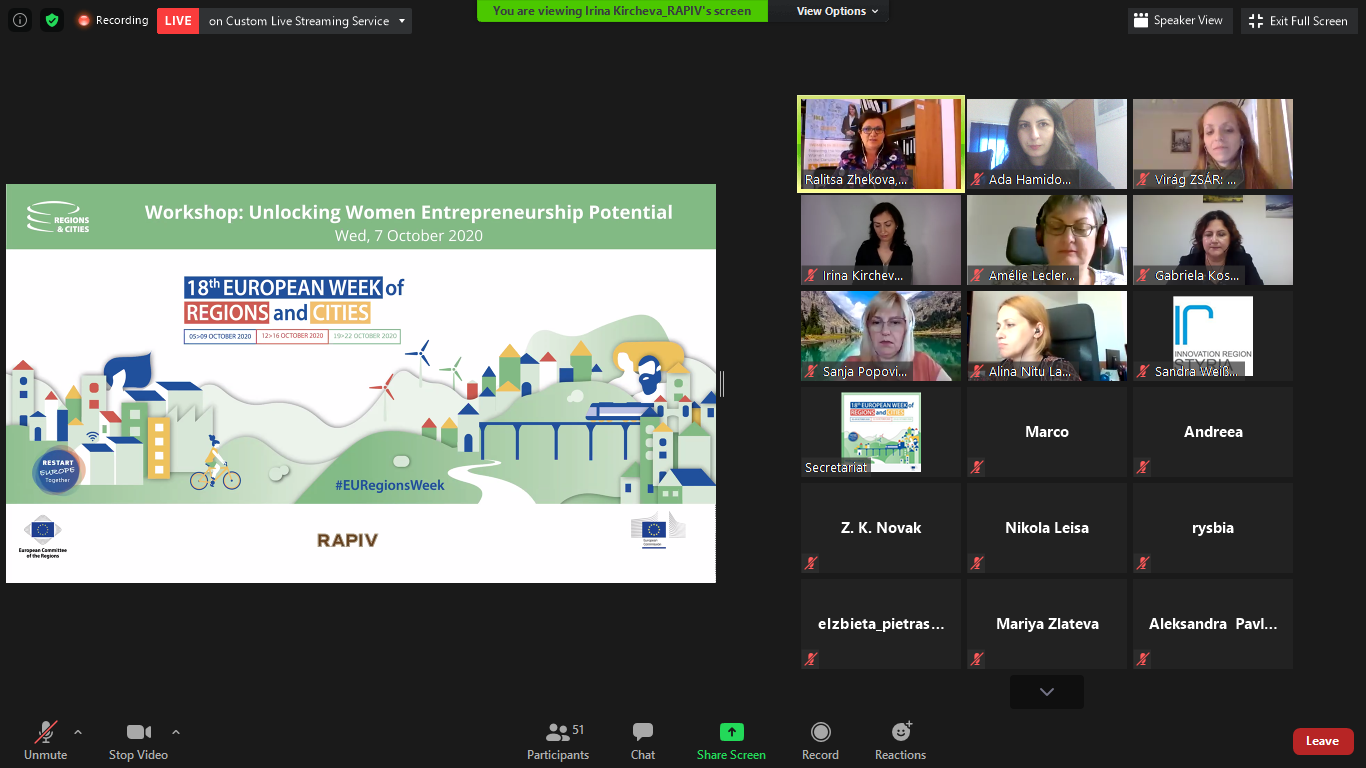
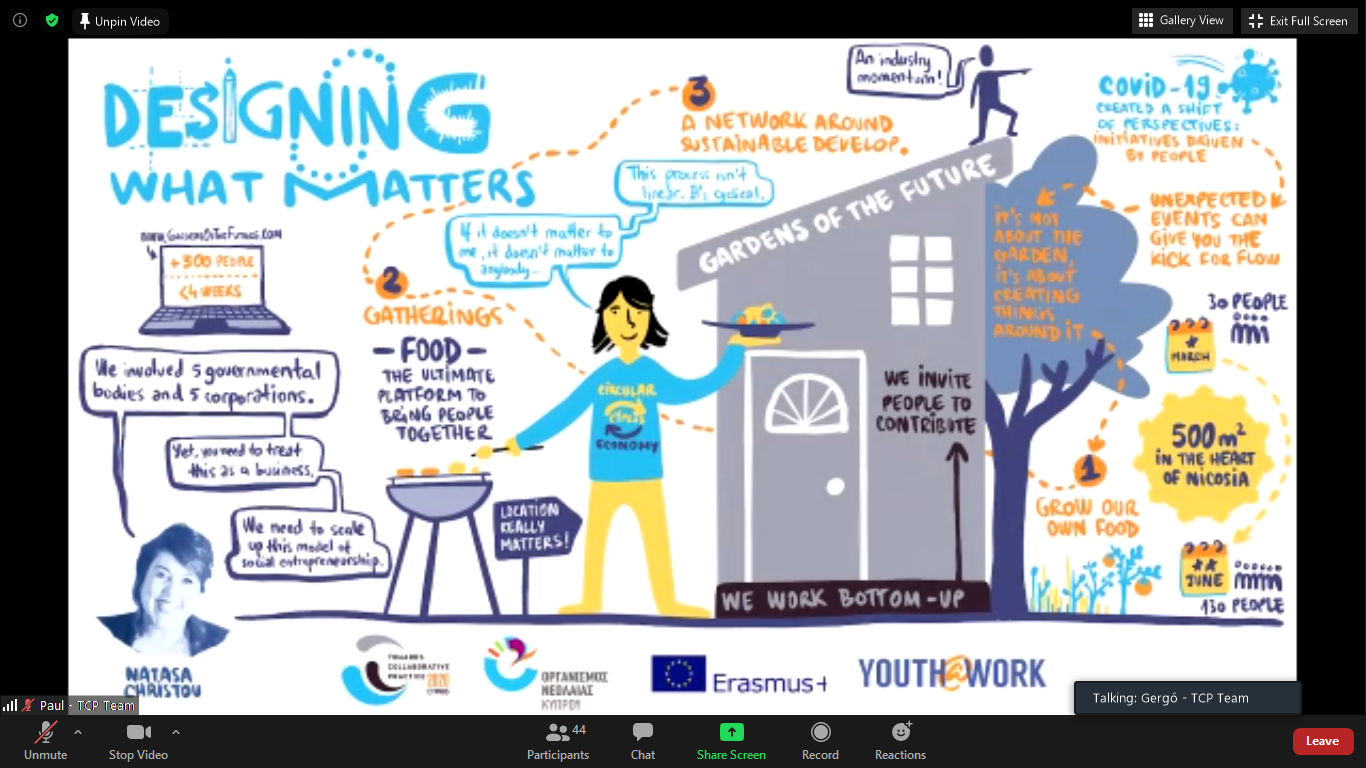
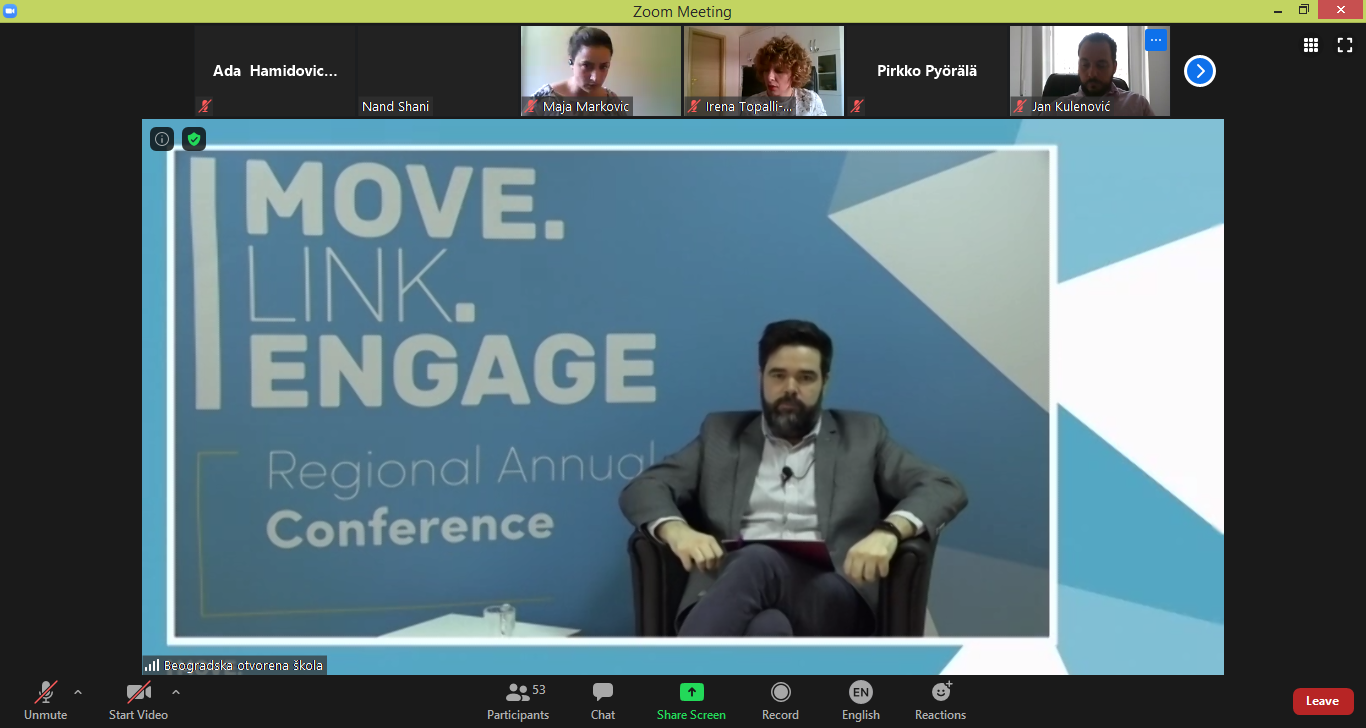

Leave a comment